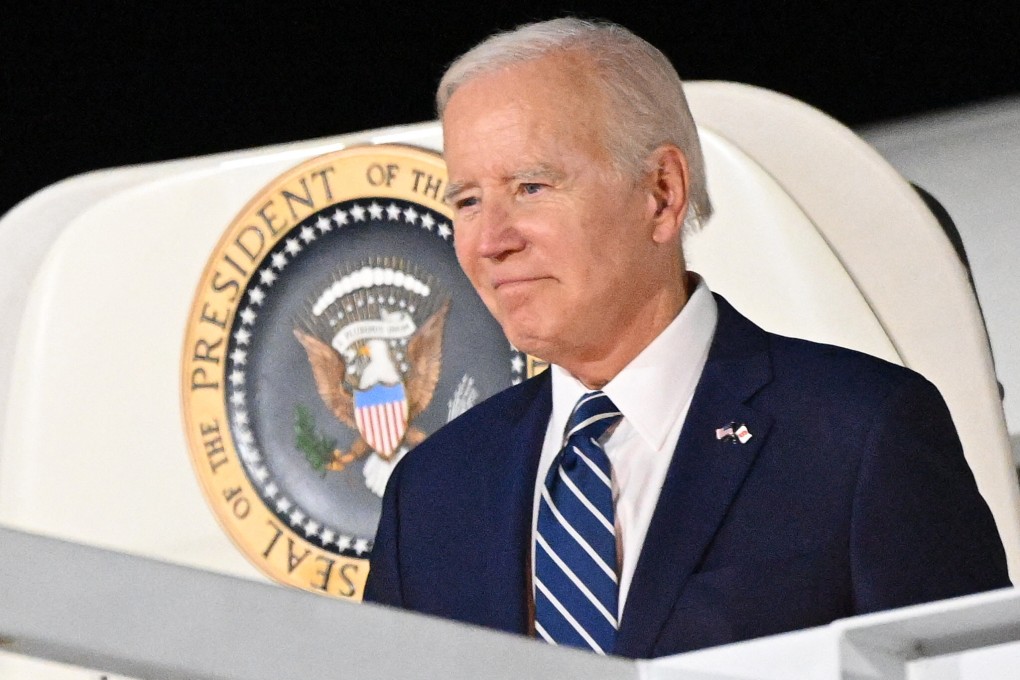China’s state-backed trade body hits out at Biden’s chip controls as Chinese tech firms face more curbs
- The China Council for the Promotion of International Trade calls on global companies to work together to mitigate the impact of ‘America’s unilateral move’
- A senior US official says while the US announced its chip export controls unilaterally, a multilateral agreement is expected soon

A Chinese state-backed trade body has lashed out at the United States’ escalated export restrictions targeting China’s semiconductor industry, accusing Washington of potentially violating the World Trade Organization’s non-discrimination principles.
Sun Xiao, a spokesman for the China Council for the Promotion of International Trade, said at a press conference on Thursday that the agency firmly opposed the US decision earlier this month to add 31 Chinese companies to a trade watch list, and tighten export restrictions on chip technology and equipment to China.
He said the US measures would gravely affect the security and stability of global supply chains, and called upon international businesses to work together to “mitigate the impact of America’s unilateral moves”.
The message from the trade body, which represents the interests of Chinese exporters, echoed similar statements from China’s foreign ministry and commerce ministry, which has labelled the US measure an “act of technology bullying”.
Despite the slew of strongly-worded condemnations, the Chinese government has yet to take any retaliatory measure after the Bureau of Industry and Security (BIS) under the US Department of Commerce announced three weeks ago a sweeping set of export controls that could hobble China’s ambitions to develop advanced chips.
Chinese semiconductor companies have been scrambling to contain any immediate damage.